 Navigation
Navigation
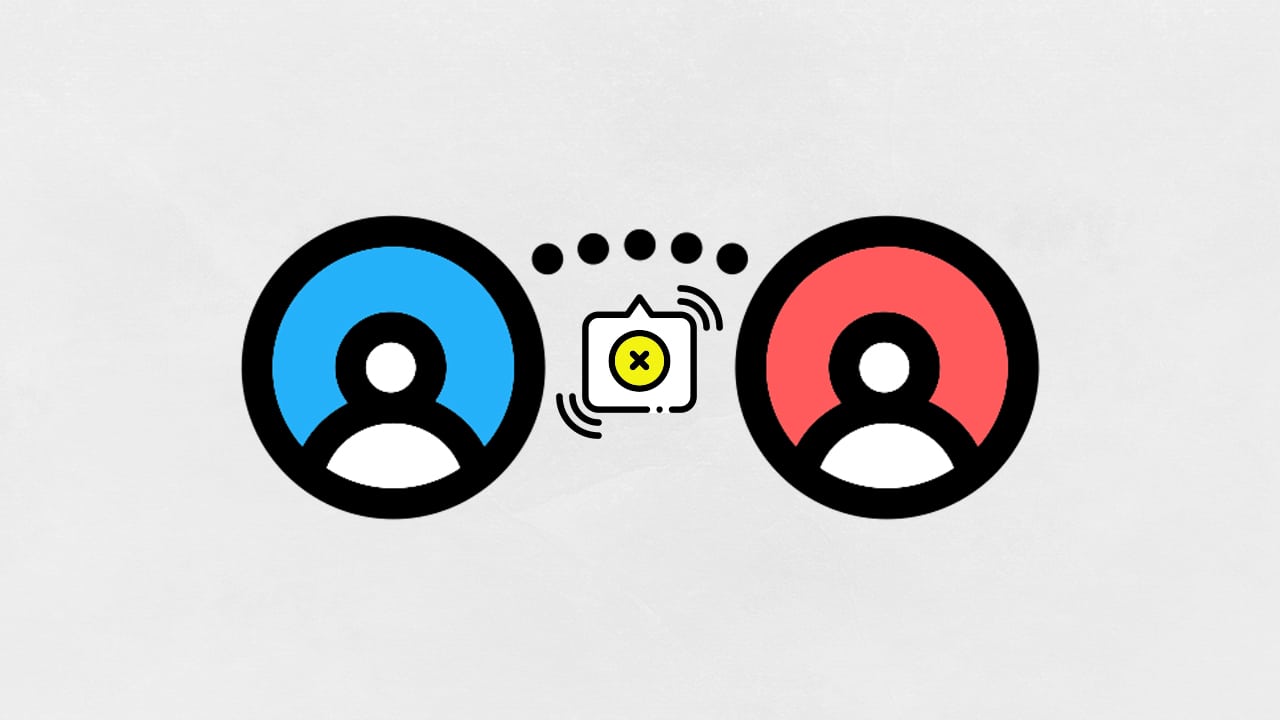
Should Blockchain Learn to Handle Our Mistakes?
|
|
One evening, after reading another headline about cryptocurrency over my chai tea, I finally decide to buy some. I’ve been on the fence for a while because I’m not a super technical guy, but I’ve seen it talked about enough now that I’m ready to throw in a few hundred dollars to play in the space. I go through an exchange, and after a mildly annoying KYC process, I get my coins. Great! Maybe the price nudges up 2%, and suddenly I feel like a genius. I’m pleased with myself, and I feel positive about my decision to enter crypto.
A couple of days later after I see an article talking about how nobody should keep their coins in an exchange, it’s not secure. You’ve convinced me! So I Google for a simple wallet and I get set up. I start to send my coins to my wallet, and I think I copy and paste my address, but I don’t. I hit send, and I wait. My coins are gone, and they never appear in my wallet. Maybe I’m savvy enough to figure out what happened, maybe I’m not. I ask the exchanges customer service, they say the transaction is valid and it went to an address, just not mine. There’s nothing I can do, and I’m out a few hundred dollars.
I probably look something like this guy at the end of it all.

In this scenario, do you think I buy more coins? Do I eat the loss as my own mistake? Maybe! But if I’m someone that just heard about crypto recently, and nobody else that I know is into it… probably not. I probably get mad, and if I tell anyone about this mistake, I probably tell them how bad the system is because I lost all of my money through one mistake and there’s nothing I can do about it. Chances are, I become a blockchain detractor.
Is this anger justified? Most crypto users would likely say “No.” I should have done more research, I should have been more careful about copy and pasting, I shouldn’t have even entered into the space unless I was totally confident in what I was doing. These are all valid points, but where it trips up for the average user is that this isn’t typically true for any other monetary transaction in their life.
It’s a big paradigm shift. If I lose my credit card and someone buys a thousand dollars worth of stuff on it, I’m going to get it back. It might be a huge pain in the neck, but I’m going to be refunded. If I buy clothing that I’m not happy with, I can return it and be confident I’ll get my money. In the everyday world, the system is set up to be very pro-consumer. Centralized systems take some of the responsibility off of the back of the people. Refunds, store credit, bank insurance, fraud detection software– these are all things that help people feel more secure and looked after when transacting. In the crypto world? It’s all on you. If I have my private key stolen, I lose all of my money. There’s nobody to save me.

To be clear, this story isn’t mine– but it’s somebodies. And it’s something that will get more and more common when the crypto space explodes again.
As of now, the tools at our disposal to retrieve lost funds are… hard forks. I don’t think anyone would suggest we should hard fork a network to get a couple hundred dollars back for a random user. Crypto enthusiasts understand what goes into a hard fork, and they understand that the blockchain is supposed to be about personal responsibility and “being your own bank.” But that’s a tough, tough message to sell to the average user.
“Hey friend, do you know money?”
“Yes, I like money.”
“What if we had money, but if you ever lost it, you could never get it back no matter what?”
“No thank you.”
“Wait! Wait! Wait! It’s sound money! Remember the gold standard?”
“Please get away from me.”
Does blockchain technology require a broader cultural shift in order to be successful, or should we tailor networks to operate more like our current economy? There’s no easy answer, but it’s necessary to consider. In a lot of ways, the latter route would be a major departure from the philosophy of personal responsibility.
This is not to suggest that we should have some kind of centralized settlement for chains. I don’t believe that core tenant needs to be sacrificed for the purpose of making users more comfortable. But perhaps a blockchain could include some form of verifiable identity on it’s base layer that would allow for the freezing of private keys if one can prove it to be compromised? Maybe layer two solutions could include safeguards for mispayments?
My big question is:
“What, if any, recourse can decentralized systems offer to users that have lost an amount of money, big or small? Or should any recourse be offered at all?”
If blockchain applications stay their current course on immutability and personal responsibility, it’s going to have an uphill battle convincing average users to participate, regardless of what benefits it offers. Finding an answer to the fundamental question of how to handle mistakes, or if mistakes should be handled at all, is key to the growth of the technology.

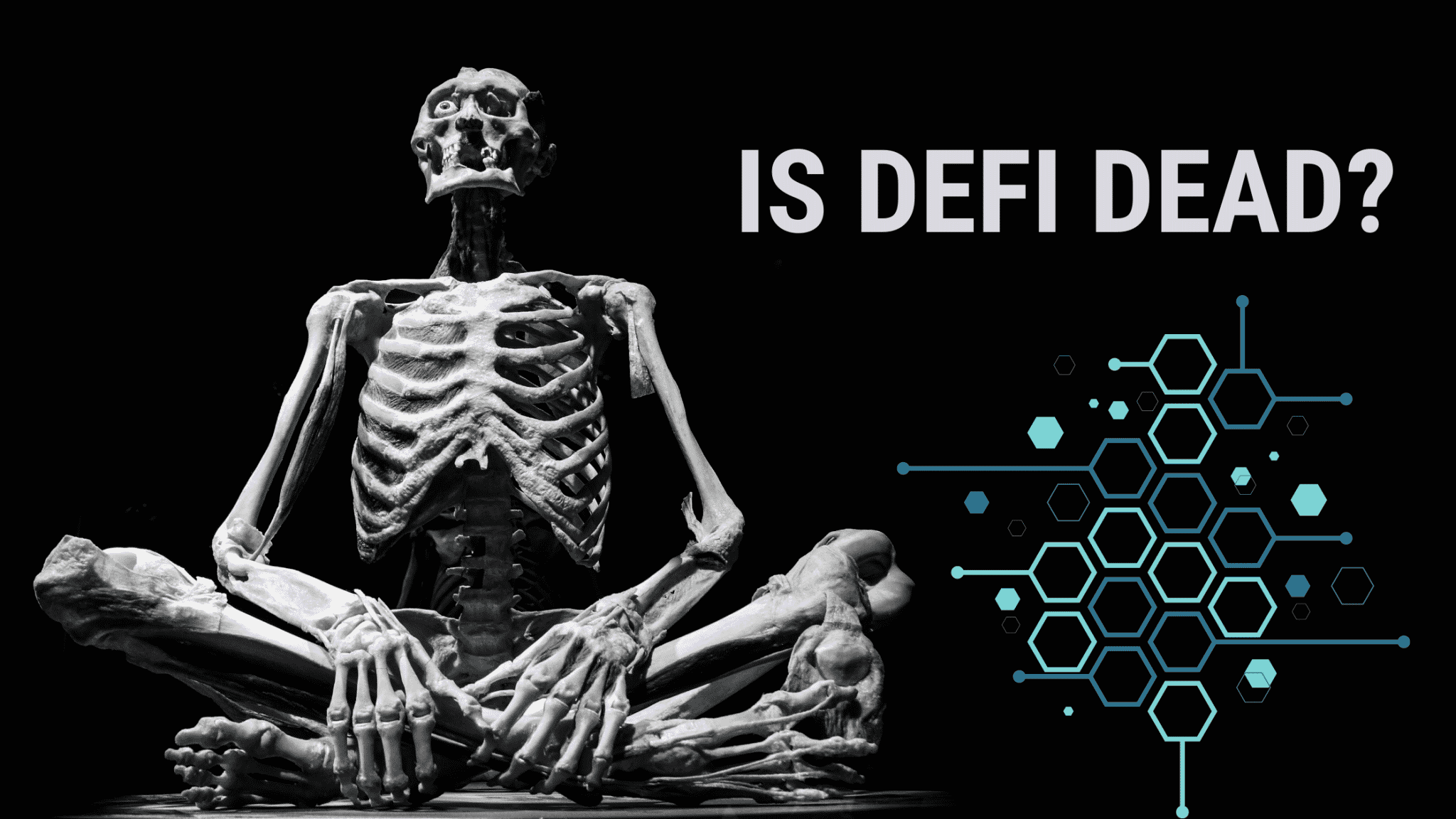

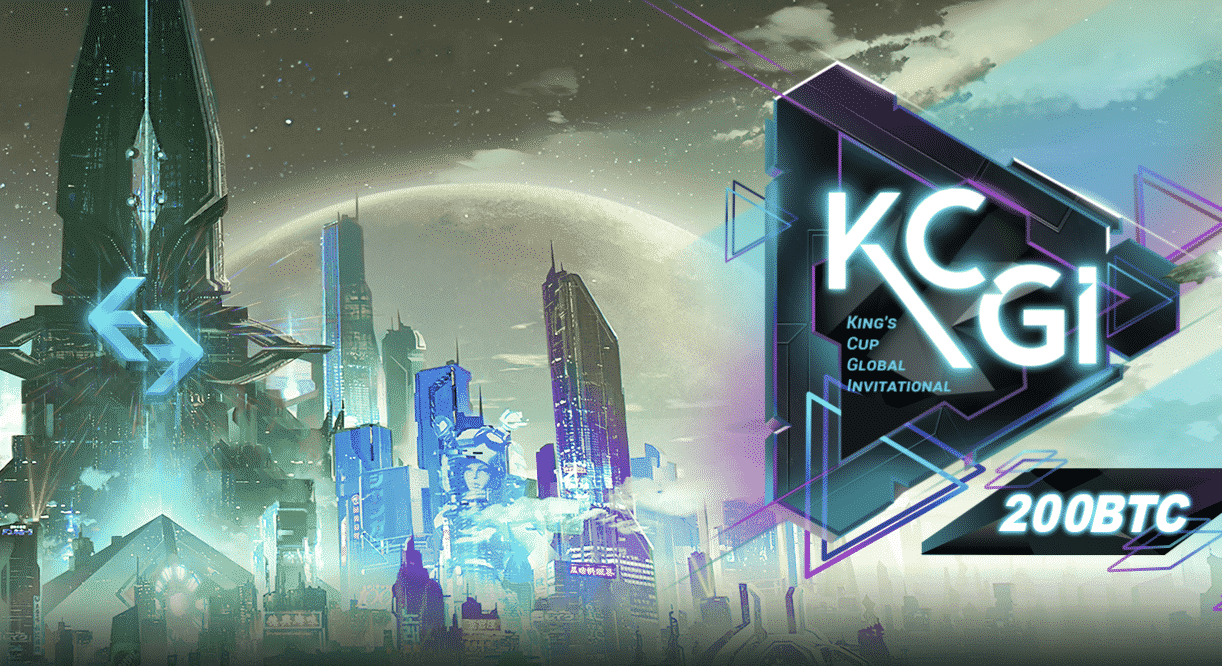
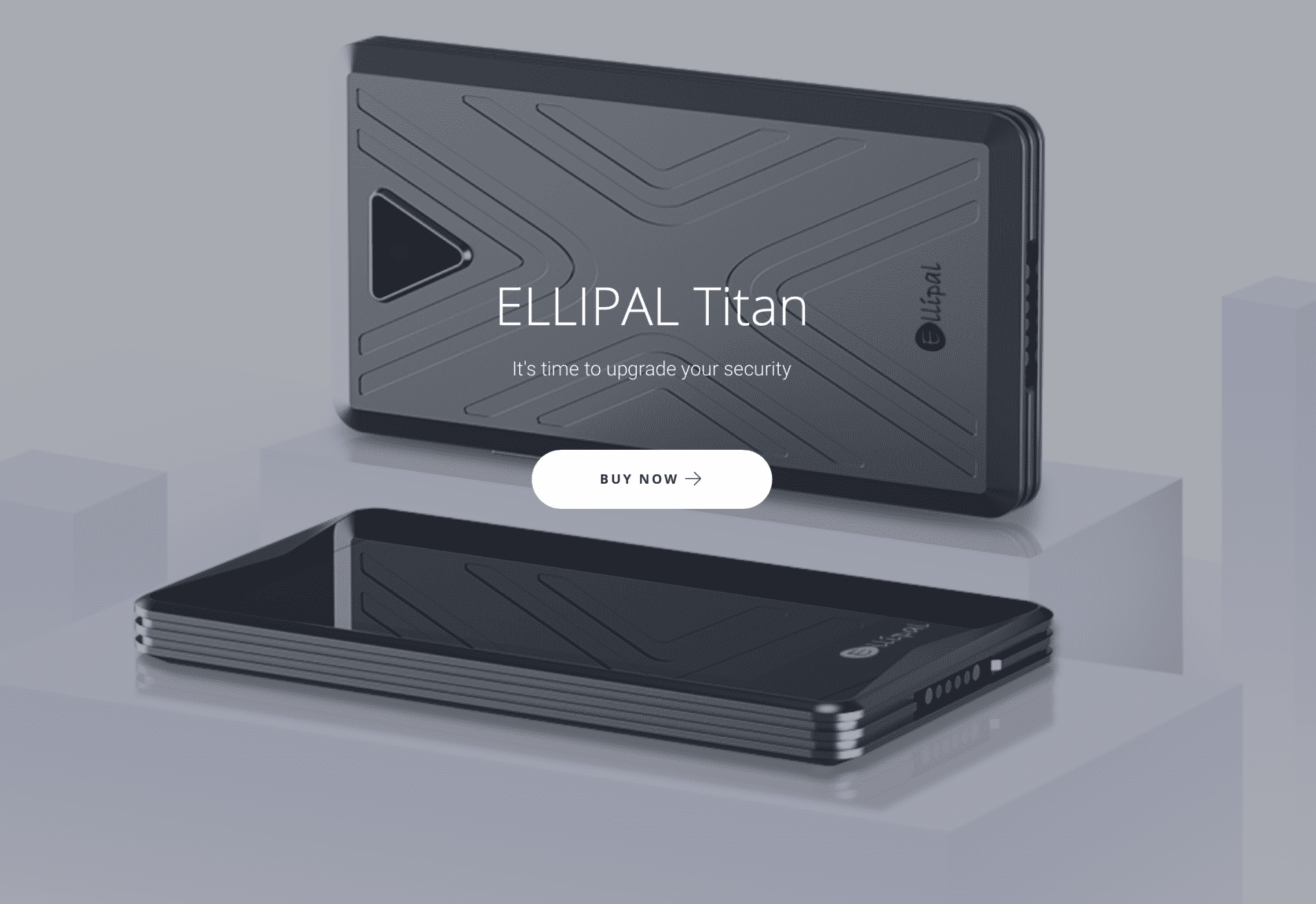
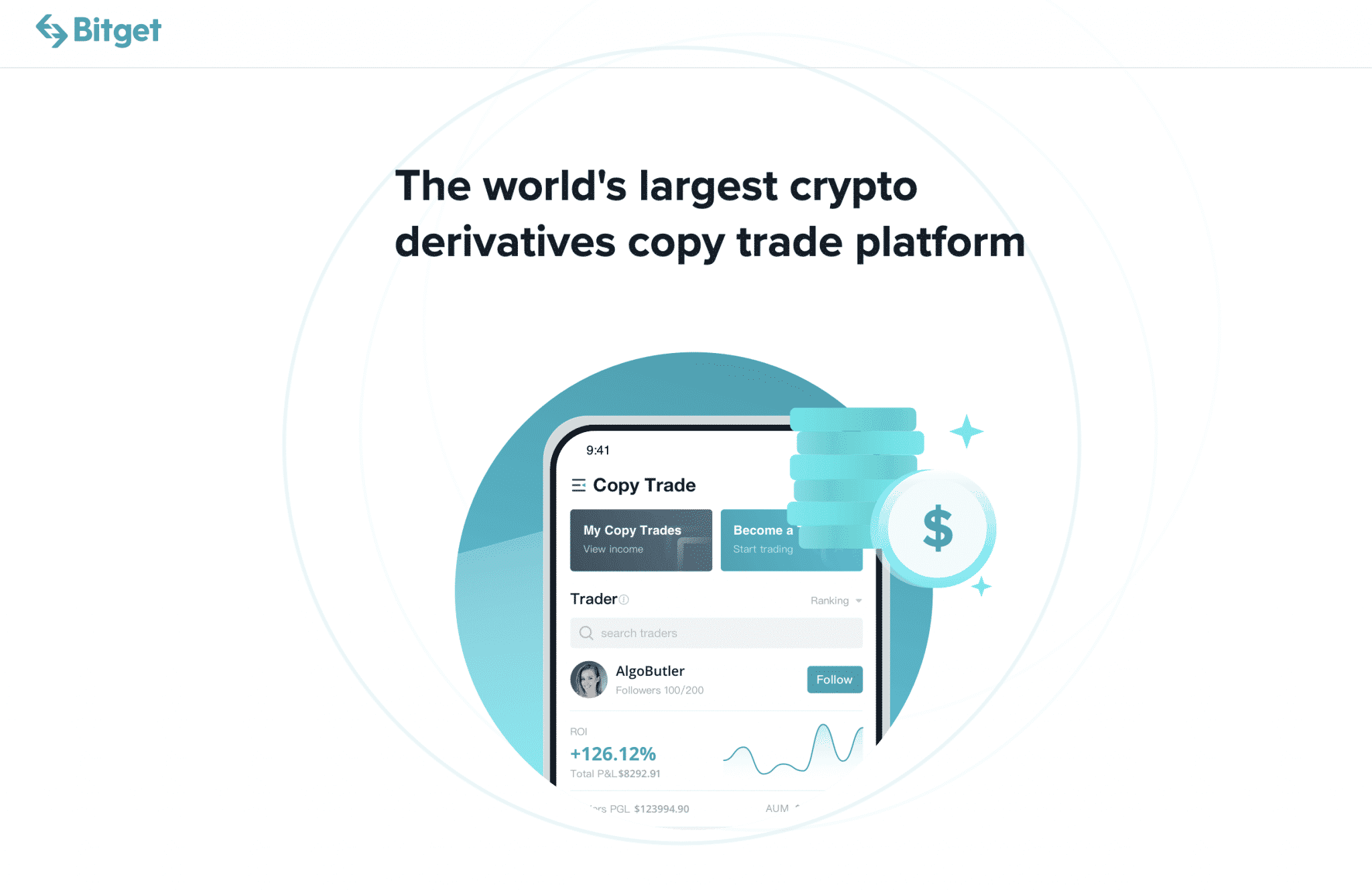
Thanks
Thanks
Thanks
Thank you, @danieljw for sharing your thoughts
Thank you, @danieljw for sharing your thoughts
Thank you, @danieljw for sharing your thoughts
Nice post about the blockchain and to find the mistakes and rectify the corrections. Thanks for sharing.
Thanks
Nice post about the blockchain and to find the mistakes and rectify the corrections. Thanks for sharing.
Thanks
Nice post about the blockchain and to find the mistakes and rectify the corrections. Thanks for sharing.
Thanks